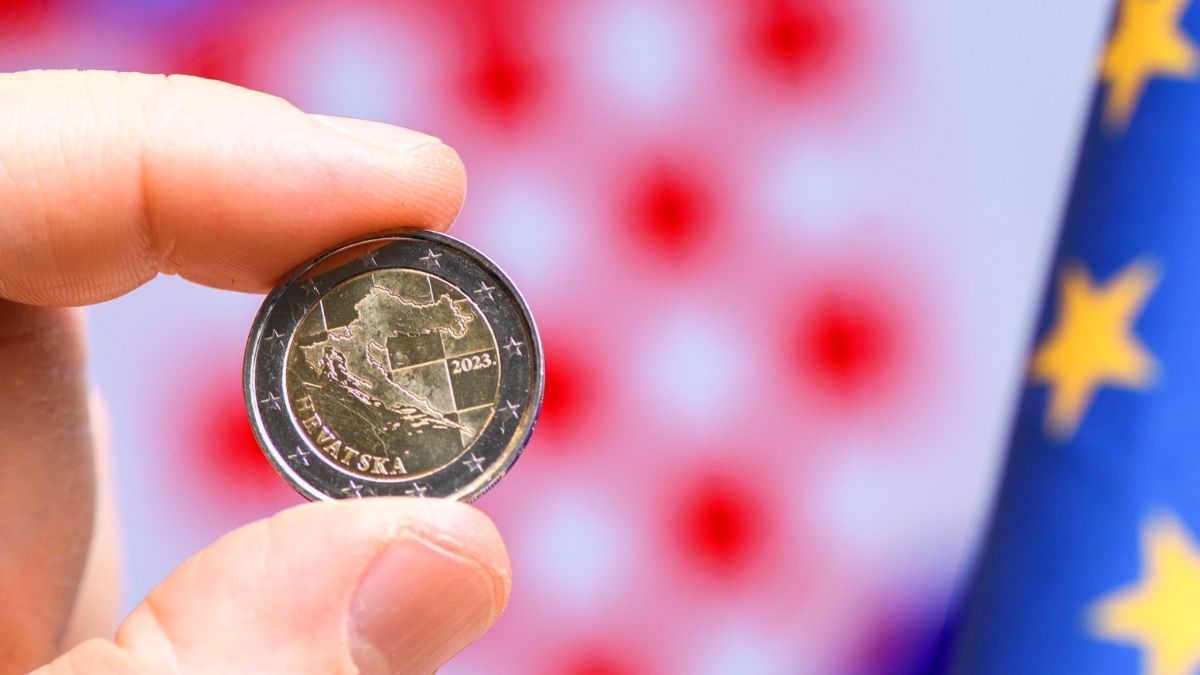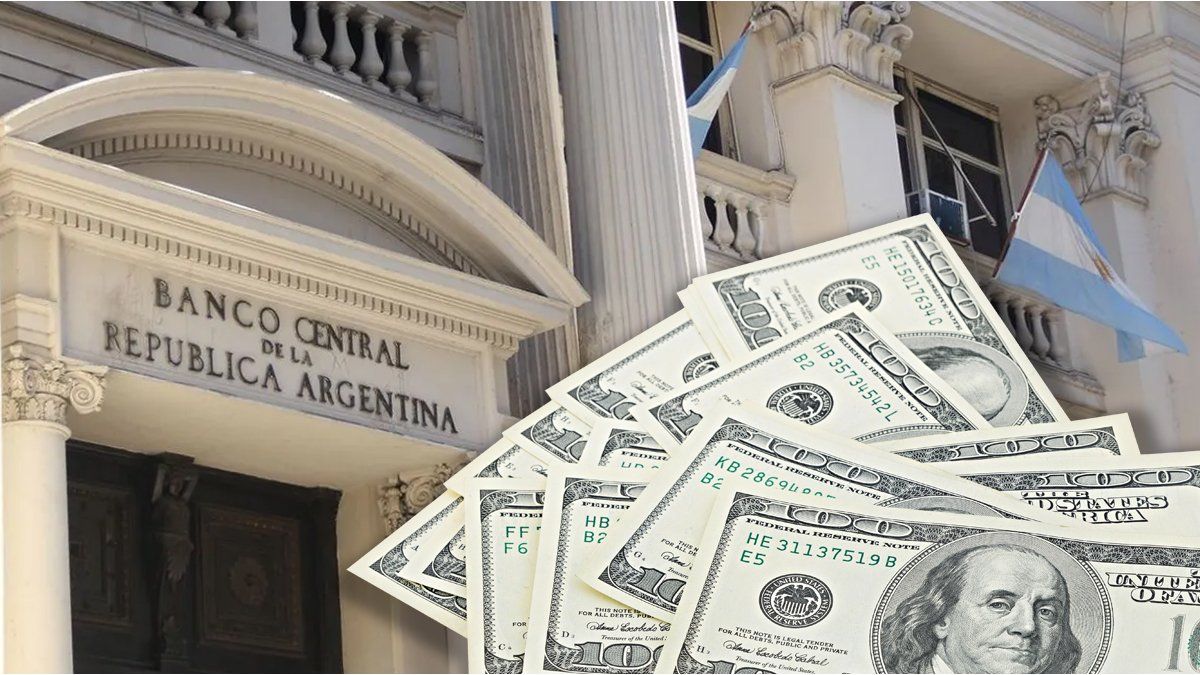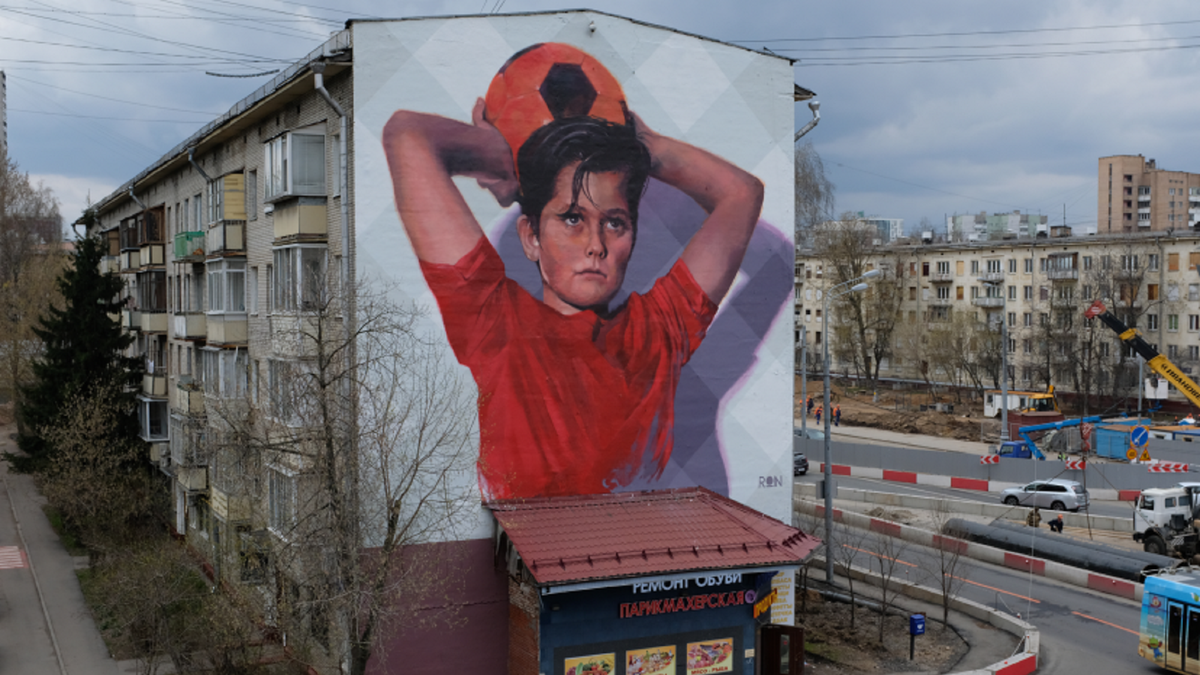Likewise, the Balkan country joined the Schengen area of free movement, expanding to some 400 million the inhabitants who come to share its internal borders.
The President of the European Commission (the executive body of the EU), Ursula von der Leyencelebrated these two events by moving to the capital Zagreb today, while noting on his Twitter account that “There is nowhere in Europe where the (European) ideal is truer than here in Croatia.”
Von del Leyen first met Croatian Prime Minister Andrej Plenkovic and Slovenian President Pirc Musar at a border post between Croatia and Slovenia and from there he went to the Croatian capital Zagreb, according to the AFP news agency.
https://twitter.com/vonderleyen/status/1609553021448470528
Delighted to have coffee with @AndrejPlenkovic in Zagreb – and what a nice memory, paying with euros for the very first time!
I know that many Croatians will also remember when they held their first euro coins minted with the kuna.
Welcome to the euro community, Croatia pic.twitter.com/4vq0CDDPfy
— Ursula von der Leyen (@vonderleyen) January 1, 2023
Plenkovic had pointed out that the entry into the Euro zone and the Schengen area represent “two strategic objectives to achieve a greater integration in the EU”.
In a symbolic gesture to welcome the new currency, Croatian Central Bank President Boris Vujcic withdrew euros from an ATM in Zagreb.
The euro will “certainly bring greater stability and security” to the economy, Ana Sabic, a head of the Croatian Central Bank, told AFP.
The single currency is already very present in a tourist country like Croatia, where 80% of bank deposits are in that currency and most of its companies’ international clients come from EU countries.
However, the ordinary population fears that the change of currency will accentuate inflation, which in November reached 13.5% year-on-year, higher than the 10% average for the euro zone.
Croatia joins 19 other countries that make up the euro zone: Germany, Austria, Belgium, Cyprus, Slovakia, Slovenia, Spain, Estonia, Finland, France, Greece, Ireland, Italy, Latvia, Lithuania, Luxembourg, Malta, the Netherlands and Portugal.
In addition, Andorra, Vatican City, Monaco and San Marino have agreements with the EU for the use of the euro as currency, while two other Balkan republics, Montenegro and Kosovo, have adopted it unilaterally.
Source: Ambito
David William is a talented author who has made a name for himself in the world of writing. He is a professional author who writes on a wide range of topics, from general interest to opinion news. David is currently working as a writer at 24 hours worlds where he brings his unique perspective and in-depth research to his articles, making them both informative and engaging.




